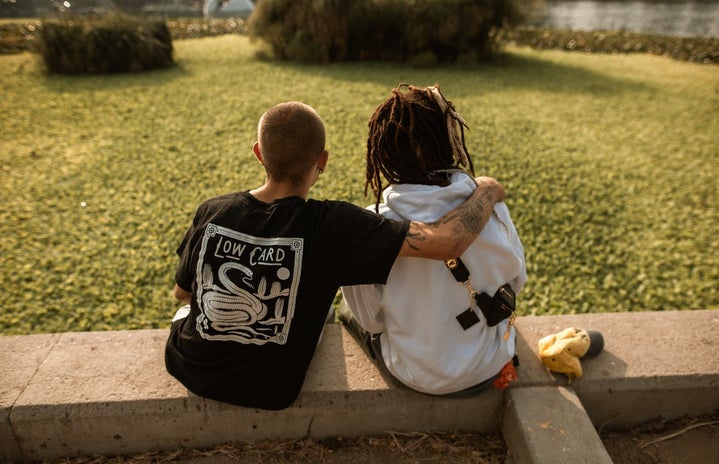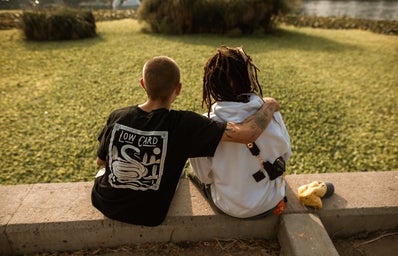I got the opportunity to sit down with my professor, Sean Dougherty, and talk about his research and goals for the future of psychology. Sean Dougherty is a psychology graduate student at Florida State University (FSU). Dougherty chose his degree due to his love for science and his love of people. He wishes to help people, and he picked just the path to do so. After receiving his undergraduate degree at Wake Forest University, he picked FSU for his grad school for its role in suicide-related research. Dougherty says, “I like really hard problems and suicide is a really hard problem to address.”
Dougherty’s goal in his research is not an easy one. He hopes he and his colleagues will be able to decrease and even eliminate the amount of suicide-related suffering. If this is achieved, then Dougherty hoped that would get the number of actual suicides down to zero. Dougherty understands the impact that suicide attempts and suicides can have. It is not only distressing for the person experiencing it, but also the people around them. Dougherty says, “People aren’t just individuals; we are parts of networks. A person’s suicide can have cascading effects on the person’s family and community.”

He notes that compared to research in other psychology fields, we are not nearly where we should be in preventing suicides. The first step to being done in making progress needed is exactly what Dougherty is focusing on. He describes his research goal currently as “defining and classifying of suicide-related terms and measuring of suicide-related constructs.”
Dougherty makes the point that if we are to make any progress, psychologists need to be having the same conversations, which means defining terms. Dougherty explains it perfectly, saying, “All words are like handles on concepts in the environment and the better of a handle we have the easier to manipulate the concepts of environment.”
By concepts of the environment, he means detection, prevention and treatment, which is vital to psychologists’ ultimate goal. There need to be distinct and concise definitions for suicide ideation, suicide attempts, aborted suicides and interrupted suicides. More importantly, all of these definitions need to have no overlap and be made universal. As for measuring suicide-related constructs, this means making sure that the measurements taken are valid.
Dougherty has worked on numerous studies ranging from researching suicide in firefighters, people suffering from PTSD and borderline personality disorder. The next work that he aided in is called “Suicidal Thoughts, Behaviors, and Event-Related Potentials: A Meta-Analysis.” This is not yet published but there is a brief outline of the work online now. This meta-analysis took about a year and a half to complete. Dougherty and his colleagues combed through 194 effect sizes and 24 studies. All are focusing on how event-related potentials show suicidal thoughts and behaviors in the brain.
Dougherty has big plans for his future research, which I personally am very excited to see. I have no doubt that Dougherty’s drive will be a force in gaining the headway needed on suicide-related research.
Want to see more HCFSU? Be sure to like us on Facebook and follow us on Instagram, Twitter, TikTok, Youtube and Pinterest!



